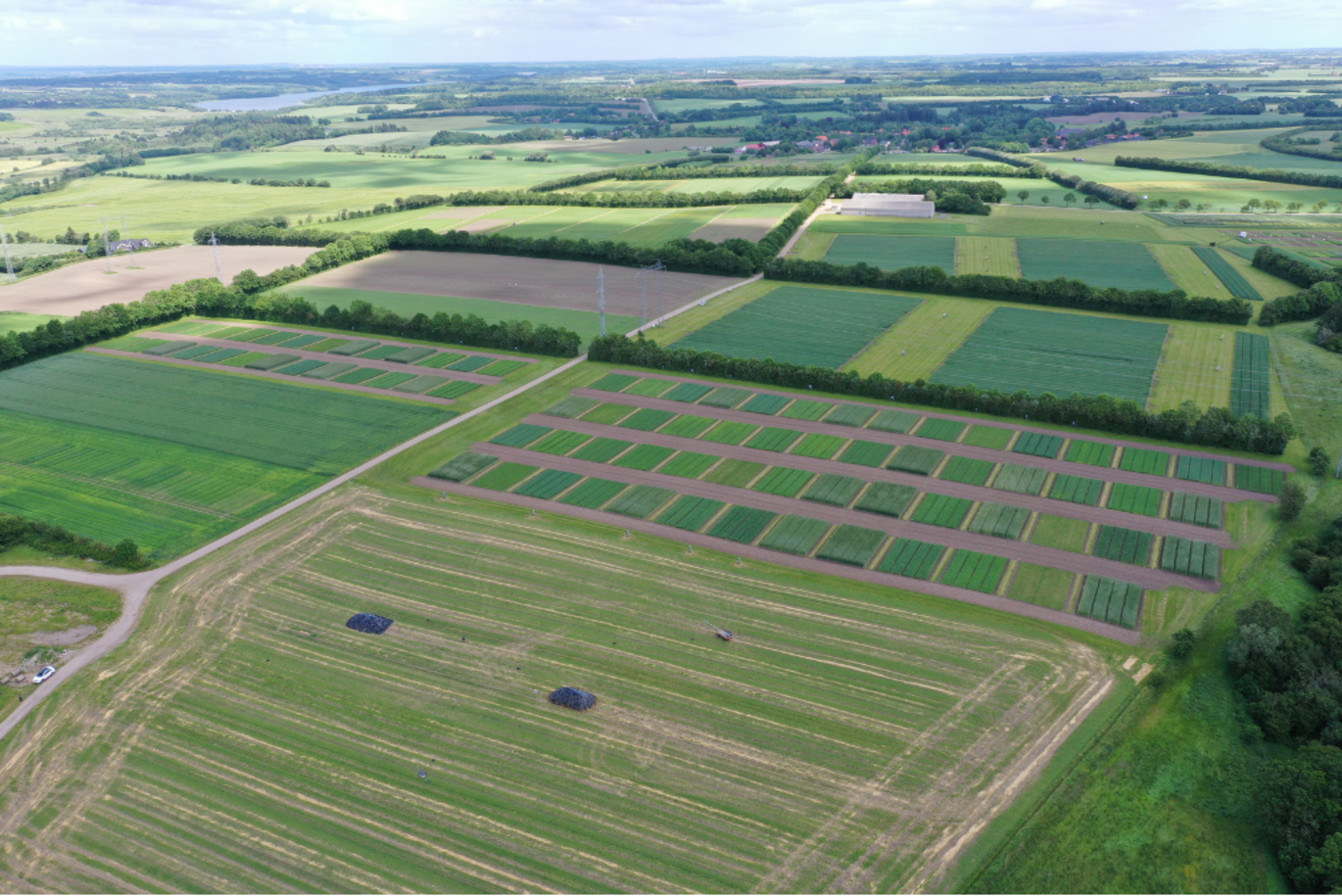EU Strikes Provisional Deal on New Soil Monitoring Law
Negotiators from The European Parliament and Council have reached a provisional agreement on a new EU Soil Monitoring Law. The agreement seeks to harmonise soil assessments across member states while offering stronger support to farmers.

Healthy soils across all European countries by 2050. That is the end goal of the Soil Monitoring Law expected to be passed by the Parliament and Council.
According to a press release from the European Parliament, negotiators from the Parliament and Council stroke a provisional agreement on the Soil Monitoring Law on April 10, 2025.
Under the Soil Monitoring Law, EU member states will be required to monitor and evaluate soil health across their territories using standardised soil descriptors that capture the physical, chemical, and biological characteristics of each soil type.
To support the mission on healthy soils, researchers all over Europe work to provide the knowledge and methods needed. One of them is pedologist Mogens Greve, professor at Aarhus University’s Department of Agroecology.
“We will have a formalized setup with common guidelines on how to monitor and analyse the soil. This will give us a better overview of the health condition of the European soil”, says Mogens Greve.
The Commission will support member states by reinforcing its current EU soil sampling program, LUCAS Soils. It will offer tailor-made financial and technical support.
To reflect regional conditions, national governments will set non-binding, sustainable, targets for each soil descriptor, in line with the overall objective of improving soil health.
Focus on contamination
As coordinator of the EU project AI for Soil Health and responsible for the Danish soil databases, Mogens Greve follows the work on the Soil Monitoring Law closely.
Some specifics have yet to be determined but so far, the law appears to hold requirements as to describe sustainable farming practices.
“In areas with unhealthy soils a change in management practices is required. Hopefully, the Soil Monitoring Law will enable this change”, he says.
According to a press release from the European Parliament, the law will require member states to compile a publicly available list of potentially contaminated sites within ten years of it coming into force, as well as to address any unacceptable risks these sites may pose to human health and the environment.
Additionally, within 18 months of the law taking effect, an indicative watch list will be established for emerging substances that may present significant risks to soil health, human health, or the environment, and for which more data is needed. This list will include relevant PFAS and pesticides.
No new requirements for farmers
Member states will be required to regularly evaluate the financial impact on farming and forestry when actions are taken to improve soil health and resilience.
The agreement introduces no new requirements for landowners or land managers. Instead, it places the responsibility on EU countries to support them in enhancing soil health and resilience - the soil’s ability to continue fulfilling its vital ecosystem functions.
”At the moment, there is an imbalance between the ambitions to improve soil health and the tools to reach this goal,” Says professor Mogens Greve.
He points to the possibility of using the European Common Agricultural Policy to change the land use and management practices in areas with poor soil health.
”For now, there are no incentives in the Common Agricultural Policy to improve soil health, but there could be. The Common Agricultural Policy is the tool that the EU has used for the last 70 years, and it can be used for this as well,” says Mogens Greve.
Parliament and the Council have concluded an "early second reading agreement". The Council is now expected to adopt this agreement formally, and Parliament will then have to endorse the text in plenary, in second reading.
The directive will enter into force 20 days after its publication in the EU Official Journal. From this date, EU countries will have three years to comply.
Want to know more about the provisional agreement and the Soil Monitoring law?
Read the press release from the European Council here!
Read the presse release from the European Parliament here!
